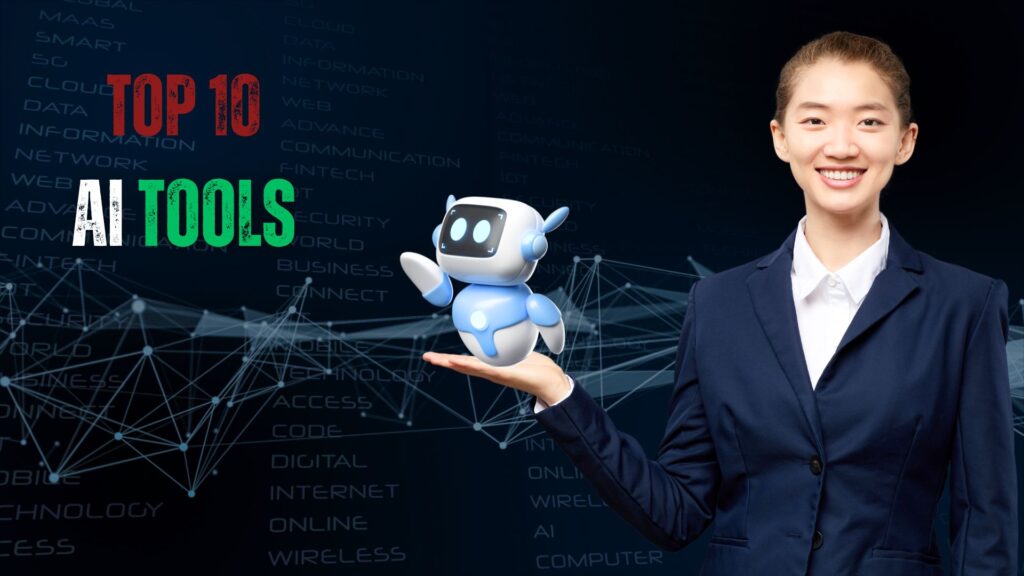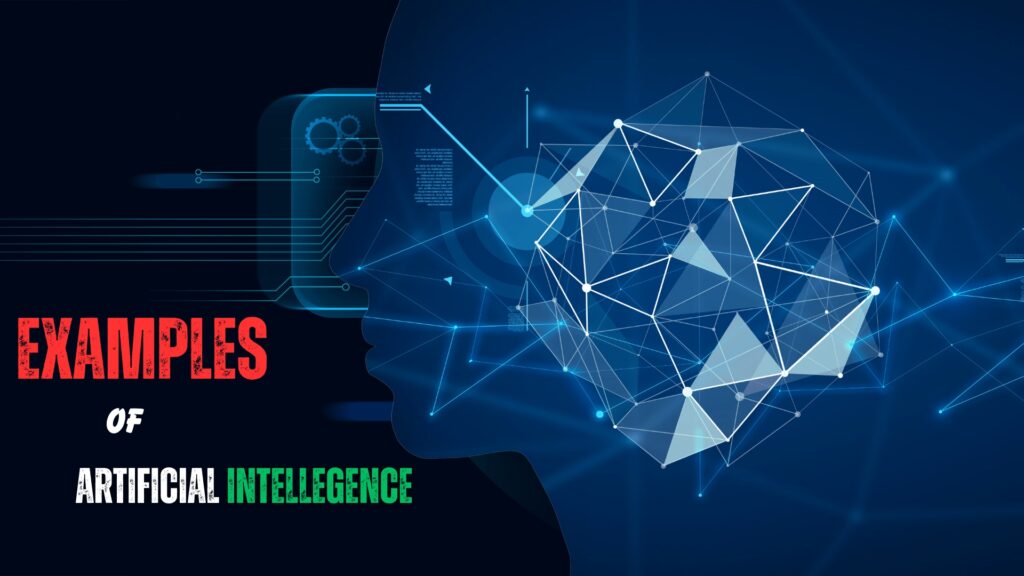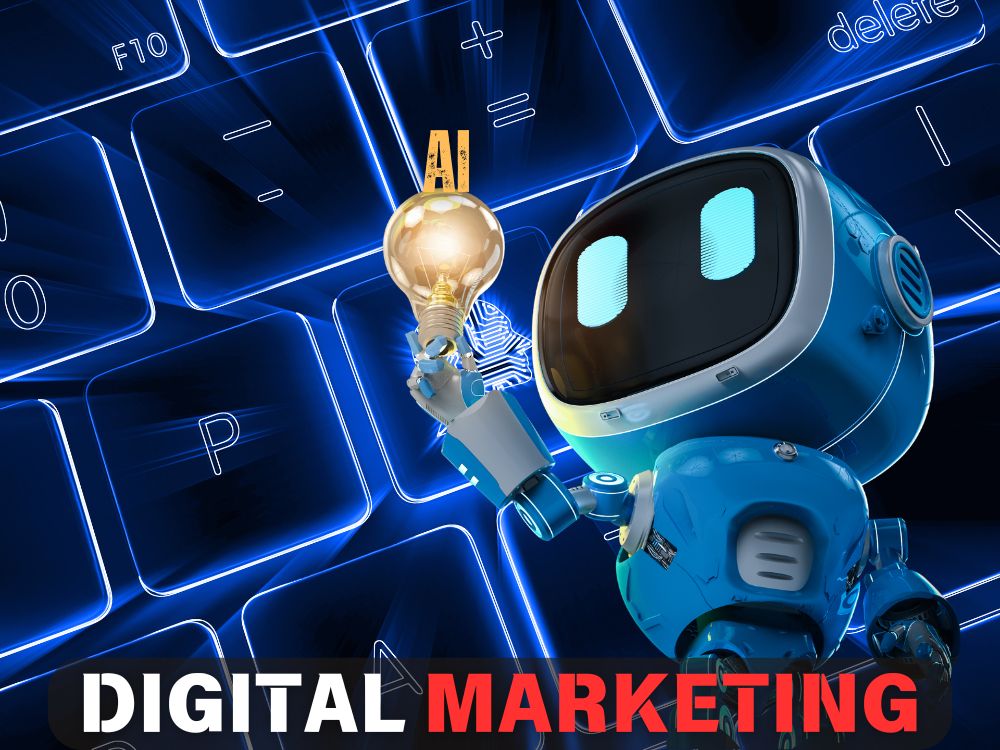Top 10 Miami B2B AI Marketing Tools to Effortlessly Automate Your Campaigns
Miami is a lively city celebrated for its stunning beaches, rich culture, and bustling business scene. As local companies strive to distinguish themselves in a crowded market, many are embracing the power of AI marketing tools. These innovative solutions are transforming how businesses engage with their customers, making marketing efforts more intelligent and efficient. Why Businesses in Miami are Adopting AI Marketing Tools You might be curious about why so many businesses in Miami are hopping on the AI bandwagon. Here are a few straightforward reasons: Importance of B2B AI in Marketing In the realm of B2B marketing—where businesses sell to other businesses—AI tools play an even more critical role. Here’s why they matter: As Miami continues to evolve as a hub for business and innovation, the adoption of AI marketing tools is becoming increasingly vital. Embracing this technology not only helps businesses keep pace but also empowers them to excel in a competitive landscape. Listen Here: We have also uploaded complete podcast on Miami B2B AI Marketing Tools for those who preferred to listen. Just click on play button and enjoy. What Are B2B AI Marketing Tools? Definition and Overview B2B AI marketing tools are specialized software solutions designed to enhance how businesses promote their products and services by harnessing the power of artificial intelligence. Imagine these tools as smart digital assistants that analyze data, automate routine tasks, and offer valuable insights to refine marketing strategies. Here’s a quick look at what these tools can do: Feature Description Data Analysis Examines customer data to identify preferences and behaviors. Automation Handles repetitive tasks like email campaigns and social media posts. Lead Scoring Evaluates and prioritizes potential customers based on their likelihood to make a purchase. Personalization Tailors marketing messages for individual customers to boost engagement. Predictive Insights Leverages historical data to anticipate future trends and customer needs. Why Its Matter for B2B Businesses in Miami For B2B businesses in Miami, incorporating AI marketing tools can significantly impact success. Here’s why they are essential: In a city celebrated for its innovation and diversity, embracing B2B AI marketing tools isn’t just smart; it’s crucial. These tools equip businesses to navigate the intricate marketing landscape confidently, paving the way for growth and success. Key Features of B2B AI Marketing Tools B2B AI marketing tools come with a range of features that can significantly benefit businesses in Miami. Let’s explore some of the standout capabilities that make these tools indispensable: 1. Automation: Streamlining Marketing Efforts One of the most appealing aspects of AI marketing tools is their ability to automate various marketing tasks. This includes: 2. Predictive Analytics: Guiding Smart Decisions Another powerful feature is predictive analytics, which leverages historical data to make forecasts about future trends. Here’s how this can help: 3. AI-Driven Content Creation: Captivating Your Audience Creating engaging content is key to capturing your audience’s attention, and AI can assist with this as well: 4. Customer Behavior Insights: Understanding Your Market Lastly, customer behavior insights play a crucial role in successful marketing: In conclusion, B2B AI marketing tools offer a wealth of features that can transform business operations. From automating tedious tasks to delivering in-depth insights about customer behavior, these tools empower companies to make smarter marketing decisions. As Miami’s business environment grows more competitive, harnessing these features can give your business a significant edge. How to Use B2B AI Marketing Tools Utilizing B2B AI marketing tools can feel overwhelming at first, but with a clear approach, you can seamlessly integrate them into your marketing strategy. Let’s explore it step by step. Step 1: Choose the Right Tool for Your Needs Before diving into usage, it’s crucial to select the right AI marketing tool that fits your business objectives. Here are a few popular options: Step 2: Setting Up the Tool Once you’ve selected a tool, follow these steps for setup: Step 3: Automating Workflows Automation is one of the biggest advantages of using AI marketing tools. Here are a couple of examples of how you can set up automated workflows: Example 1: Outreach Workflow Tool in Action: Let’s say you’re using Mailchimp. You can create an automated workflow that sends a welcome email, followed by a series of nurturing emails over a few weeks. The platform allows you to track open rates and engagement, letting you optimize future campaigns based on performance data. Example 2: Analytics Workflow Tool in Action: In HubSpot, you can set up dashboards that visualize your analytics data, making it easy to interpret your marketing efforts’ success. The platform automatically analyzes user behavior and provides insights that help refine your marketing strategy. Step 4: Optimize and Iterate Tips for Integrating AI Tools with Your Existing CRM By following these steps you can enhance your marketing efforts and can 10x your creativity. The integration of B2B AI marketing tools not only streamlines processes but also paves the way for informed decision-making and effective customer engagement. Benefits of Using AI Marketing Tools In the fast-evolving landscape of business, AI marketing tools stand out as a powerful ally for B2B companies in Miami. Let’s delve into the benefits these tools offer and how they can elevate your marketing game. 1. 10x Lead Generation and Customer Targeting AI marketing tools are designed to refine the process of lead generation and customer targeting. Here’s how they can help: Example in Action: A Miami real estate agency implemented an AI tool that segmented its audience according to various buying behaviors. This strategy resulted in a remarkable 25% increase in engagement from targeted leads. 2. Time and Cost Savings Through Automation One of the most significant advantages of AI marketing tools is automation, which can save businesses both time and money: Example in Action: A technology startup in Miami utilized an AI-based email automation platform that saved the marketing team 20 hours each week. This newfound time was redirected toward developing creative campaigns and strategies. 3. Improved ROI with Personalized Campaigns Personalization is crucial in today’s marketing landscape, and AI tools excel



